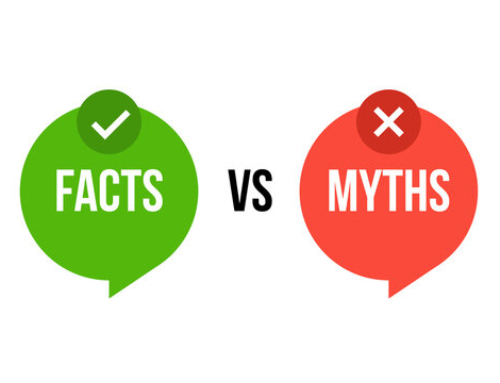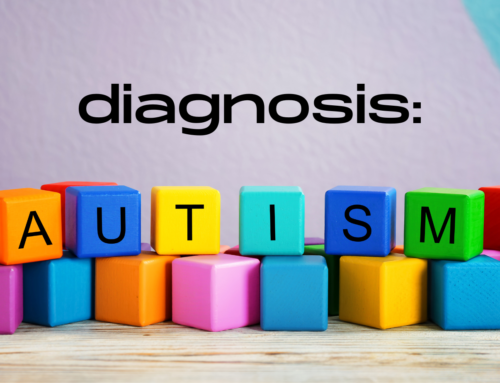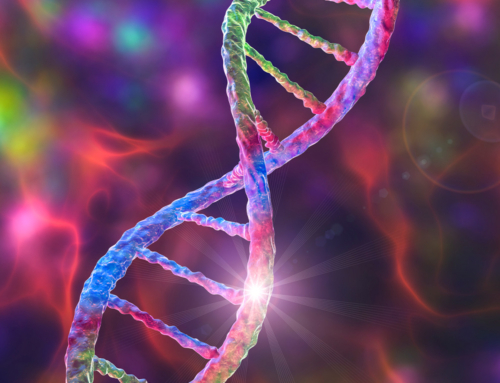Some studies have found that there could be a higher likelihood of autism spectrum disorder or ASD with children who had maternal grandmothers that smoked while they were pregnant.
For girls, whose grandmothers may have smoked while pregnant, there could be a 67% higher chance of showing autistic traits and both girls and boys were up to 53% more likely to be diagnosed with ASD traits.
‘In terms of mechanisms, there are two broad possibilities. There is DNA damage that is transmitted to the grandchildren or there is some adaptive response to the smoking that leaves the grandchild more vulnerable to ASD,’ said Professor Marcus Pembreyat University College London, and one of the study authors. ‘More specifically, we know smoking can damage the DNA of mitochondria – the numerous “power-packs” contained in every cell, and mitochondria are only transmitted to the next generation via the mother’s egg.’
The researchers at the University of Bristol utilized data which they collected fromthe Longitudinal Study of Parents and Children, ALSPAC. The study followed up to 14,500 individuals that were born in the 90s. They studied and assessed the grandchildren of paternal and maternal grandmothers that smoked during their pregnancies and checked for ASD or four documented autistic traits.
Of the 14,500 participants, almost 7,000 were found to have autistic traits present. They found that girls were 67% more likely to show at least one of two autistic traits, which includes poor social interaction and repetitive behaviorif their maternal grandmother smoked cigarettes.
The results of the study suggest that cigarette smoke could adversely affect the developing eggs of females in the womb, then eventually affect the development of the children born from those eggs, either through epigenetic or mitochondrial DNA damage. Professor Peter Hajek of the Queen Mary University of London said the study suggested ‘an interesting epigenetic effect’ but said that more data on children diagnosed with ASD would be useful to rule out a ‘chance finding.’






